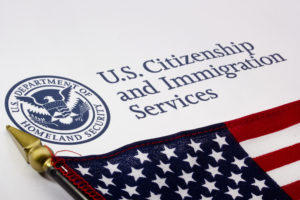Update: Canadian Nationals Exempt from Recent Presidential Proclamation Restricting H-1B, H-2B, J-1, and L-1
June 25, 2020
This is an update to our previous post regarding the Presidential Proclamation restricting new H-1B, H-2B, J-1, and L-1 holders. Information about the original proclamation can be found here.
According to the American Immigration Lawyers Association (AILA), per their members questions to Customs & Border Patrol (CBP), Canadian nationals entering on H, J, or L visas are exempt from the most recent Presidential proclamation.
Additionally, AILA confirmed that those with valid visas issued prior to the effective date (June 24, 2020) will be allowed entry to the US after the suspension goes into effect regardless of whether or not they have come into the US with that visa in the past.
AILA is continuing liaising with CBP and USCIS and keeping our attorneys at LHSCD abreast of new developments and changes regarding the administration’s most recent proclamation. We will continue to update our website and social media with relevant information as the scope of this proclamation comes into focus.
We recognize that this is an extremely stressful time for our clients and immigrants in general and will be happy to consult with you if you are not currently a client and have questions as to how this order may impact you. Please call our office at 215-925-0705 or schedule a consultation online here.
TAGS: Executive Order, H-1B, Immigration, Trump
December 17, 2025
Trump Administration Expands Travel Ban On December 16, 2025, President Trump signed a new Presidential Proclamation expanding the travel restrictions originally announced in June 2025....MoreDecember 9, 2025
ALERT: Extreme H-1B and H-4 Visa Delays in India Beginning December 8th, U.S. Consulates in India began rescheduling many H-1B and H-4 visa appointments that had been set for...More




